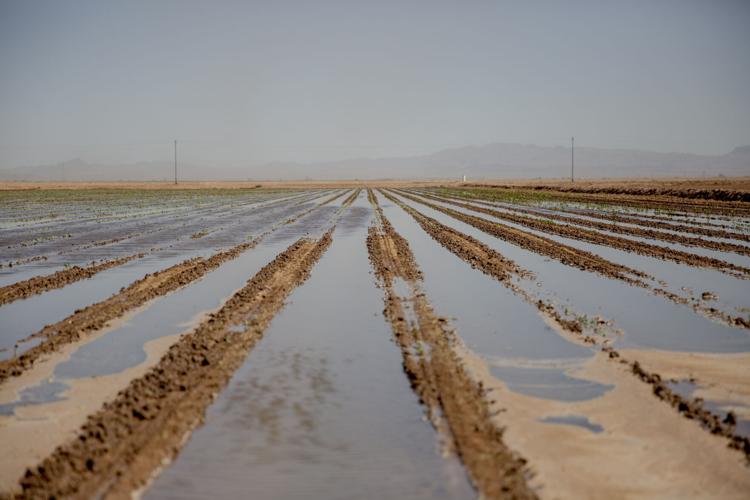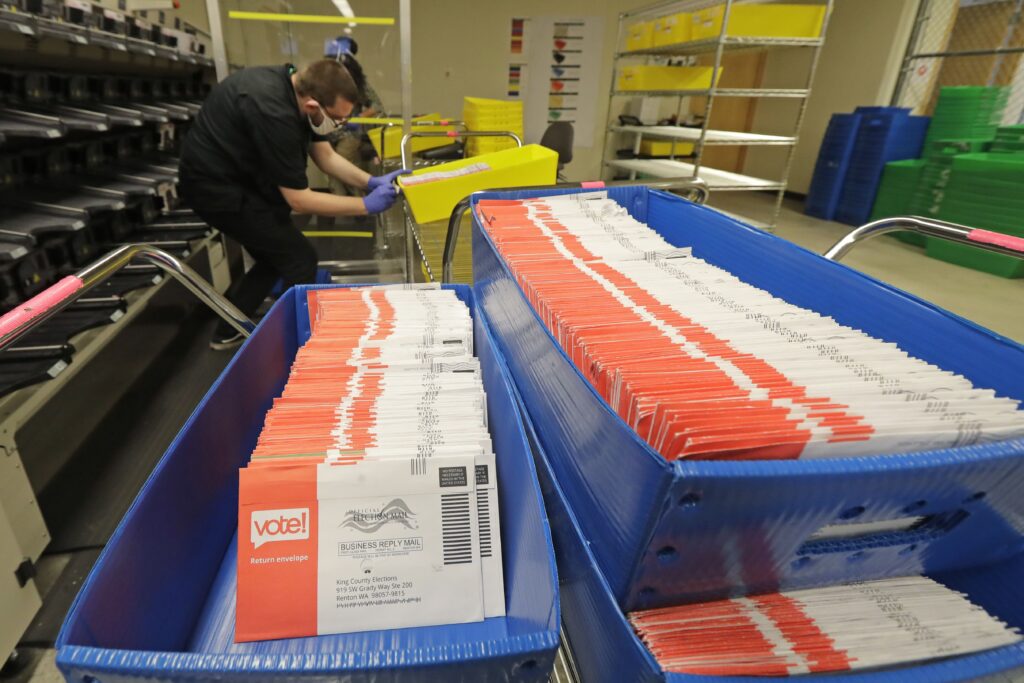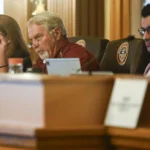Native American tribes push for seat at Colorado water negotiations

Skyler Ballard, The Gazette
Tribal leaders are pushing for a seat at the negotiating table, where allocation and management of the Colorado River will be determined.
The representatives from tribal nations joined a panel discussion called “Colorado River: The Emerging Role of Tribes in the 2026 Negotiations,” moderated by the Nature Conservancy’s Western Colorado Water Project Director Celene Hawkins, at the Colorado Water Congress in Steamboat Springs.=
During the panel, water executives from several of the 30 tribes relying on the Colorado River Basin’s water talked about their challenges and successes in managing the precious resource.
While Native American Tribes hold significant water rights in the Colorado River Basin, their role in the system’s management is limited. Key hurdles, they said, include funding to implement water programs, infrastructure improvements, and water accountability.
“All I can do is pray for more snow in the mountains and having a living river,” said Letisha Yazzie, the water resources director for the Ute Mountain Ute Tribe, adding her nation is currently in negotiations with the state of New Mexico regarding water rights. “We’re looking for projects that will help sustain the tribe in the future.”
Panelist Lisa Yellow Eagle, the water legal counsel for the Southern Ute Indian Tribe, pointed to her tribe’s Pine River irrigation project being in disrepair and the need for funds to make it fully operational.
Another issue is trying to reinvent a broken system, the panelists said.
“We’re trying to solve problems that have been there for more than 100 years,” said Erika Pirotte, assistant attorney general of the Navajo Nation Department of Justice.
But there have been gains, as well, the panelists said.
Frank Venegas, a water technician for the Quechan Indian Tribe, pointed to new solar panel water pump stations creating a more reliable water source, as well as lining projects to improve irrigation ditches and saving water.
But foremost is the campaign to involve tribes in the decision-making, the panelists said.
“In the past, tribes have been treated as an afterthought when it comes to water issues and negotiations,” said Yellow Eagle. “But now we’re having open, honest dialogue.”
Added the Ute Tribe’s Yazzie: “We’re looking for a seat at the table for tribes to represent themselves to make sure our concerns and issues are heard and understood.”
The takeaway is a push for coalition building, a shared vision, and mutually beneficial solutions, the panelists said.
“We are people of the river,” said Venegas. “When you take it away you take away our identities. We’re willing to give what we have for the greater good, but our voices need to be heard.”
Meanwhile, former Bureau of Reclamation Commissioner Camille Touton reflected on her tenure in the office as well as what lies ahead for the state’s water issues, capping off three days of water discussion during the convention.
“The hardest days were human,” she said, reflecting on looking into farmers’ eyes when they couldn’t get water. “Water is about community. We’re all working in water because it’s the thread that binds all of us. The West is still a place where tribal, urban, and rural water-users can all sit at a table and work on solutions, and its future is for us to shape.”













